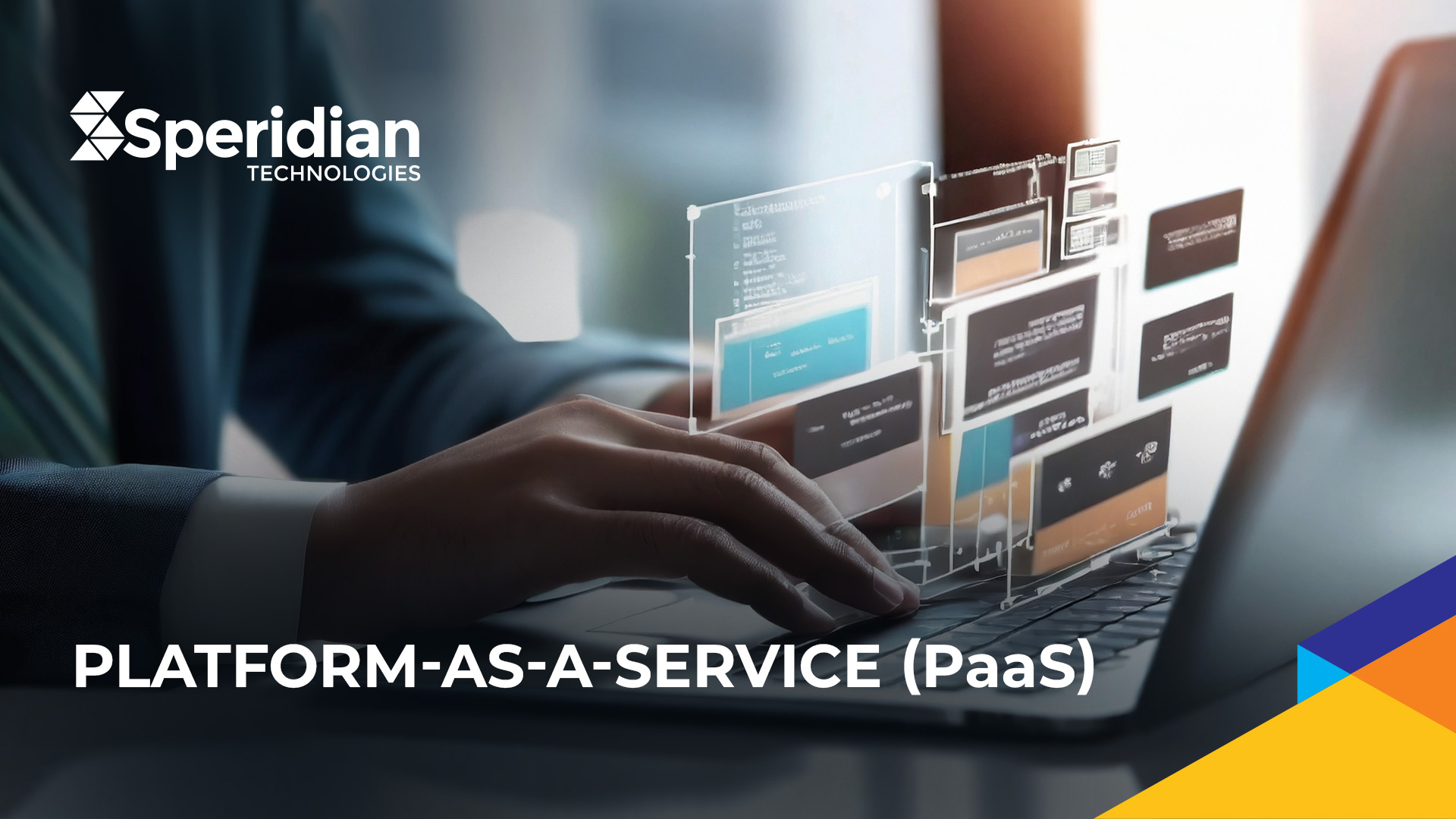Agile and DevOps are the two most popular application development methodologies that most businesses across the globe use to send products out to market as quickly and efficiently as possible. Both have their own set of pros and cons, but which methodology will work best for your business? In this blog, we’ll take a look at Agile vs DevOps to see how they compare in the world of custom application development.
Table of Contents
What is Agile App Development?
Agile app development is a methodology that has been gaining popularity in the tech world for years. It’s an iterative, incremental approach to producing software applications. The agile method focuses on flexibility and delivering value quickly. This means quick feedback loops to gather information about what needs to change. Agile works well for small teams who want rapid changes to happen in a short amount of time.
Key Advantages of Agile App Development:
- Faster time to market for new features and bug fixes.
- The flexibility to change product requirements based on user feedback or business needs.
- Reduced costs due to a more efficient workflow within the agile development process.
- Since the customer is always involved in the decision-making process in Agile, it leads to greater customer retention.
- The small sprints and continuous delivery in Agile reduce the risk in the development process.
Key Disadvantages of Agile App Development:
- Agile is too rigid for some projects.
- Agile requires highly skilled and dedicated project managers.
- Agile requires very specific documentation, which can be difficult to maintain and keep up with as requirements change over time.
- Since Agile delivers in increments, it’s difficult to track your progress across your cycles.
What is DevOps Methodology?
DevOps stands for Development (writing code) and Operations (running the software), which are traditionally two silos of an organization. DevOps is about breaking down these barriers by integrating both into one team with shared goals to increase collaboration, efficiency, and innovation in the custom application development space.
Key Advantages of DevOps App Development:
- DevOps methodology ensures faster and more frequent delivery of updates and features.
- With a steady and well-balanced approach to DevOps, you can enjoy a stable work environment.
- The collaboration between the development and operation teams ensures a significant improvement in product quality.
- Collaboration between departments cuts down management and production costs.
- DevOps promotes transparency between teams, leading to higher productivity.
Key Disadvantages of DevOps App Development:
- The DevOps methodology is very efficient when implemented correctly, but it can be difficult to implement in some businesses.
- Dealing with legacy systems in DevOps methodology can be a challenge.
- Hiring people with the DevOps expertise necessary can be difficult.
Agile vs DevOps, What is Best for Your Company?
With Agile, a project is broken down into small chunks of work that can be completed in short cycles. The goal with agile is to allow for quick feedback loops so that developers can quickly adjust their work based on customer input. DevOps, on the other hand, is an evolution of agile that aims to minimize disruptions and maximize efficiency by enabling continuous delivery in custom application development. Although Agile and DevOps are different, these methodologies can work together to help your businesses improve the speed and quality of your bespoke software development.
Speridian’s custom application development services provide strategy, transformation, implementation, and management of any custom or packaged application, easing the burden on your IT resources. Our knowledgeable development resources assist with modernizing legacy applications and developing bespoke software and applications based on next-gen technologies.
Also read: Microservice Based Architecture – Is It Right for Your Custom Application Development?




